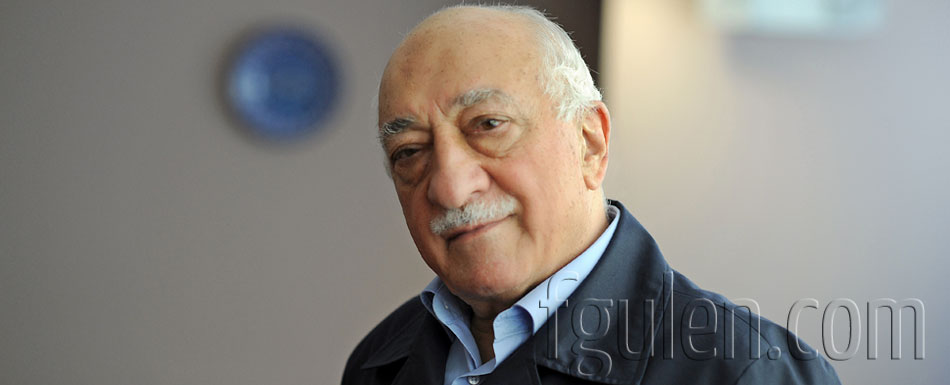What social backgrounds do people in the Gülen Movement come from?

People are attracted to the Gülen Movement by exemplary friends from the Gülen Movement, by people in their immediate environment, neighbors, and relatives and by their conduct and sincerity, by reading Gülen's works and listening to his lectures, by the overall meaning and the message of the altruistic services, and by the worldview of the Gülen Movement.
The overwhelming majority of participants are young university students. The next largest group (almost as numerous) consists of university graduates. The average age in the Movement is 25–30. Most of the students or people in the service-networks are middle or upper-middle class. They are from better integrated backgrounds, urban, with a high level of academic achievement.
The volunteer–participants are educated and urban middle class, relatively privileged and better integrated: they hold the technical and cultural competence or an economic-functional position that makes them more likely to mobilize because they see the contradictions of the system, and their educational level and intellectual milieu foster egalitarian and anti-authoritarian values.
Participation among university students and educated newcomers from a wide variety of social experiences and backgrounds has grown, but this has not radicalized the Gülen Movement, nor caused cleavages to emerge either in it or Turkish society. The participants in fact prioritize individual achievement in private, and expansion of freedom of expression, and democratic participation.
- Created on .